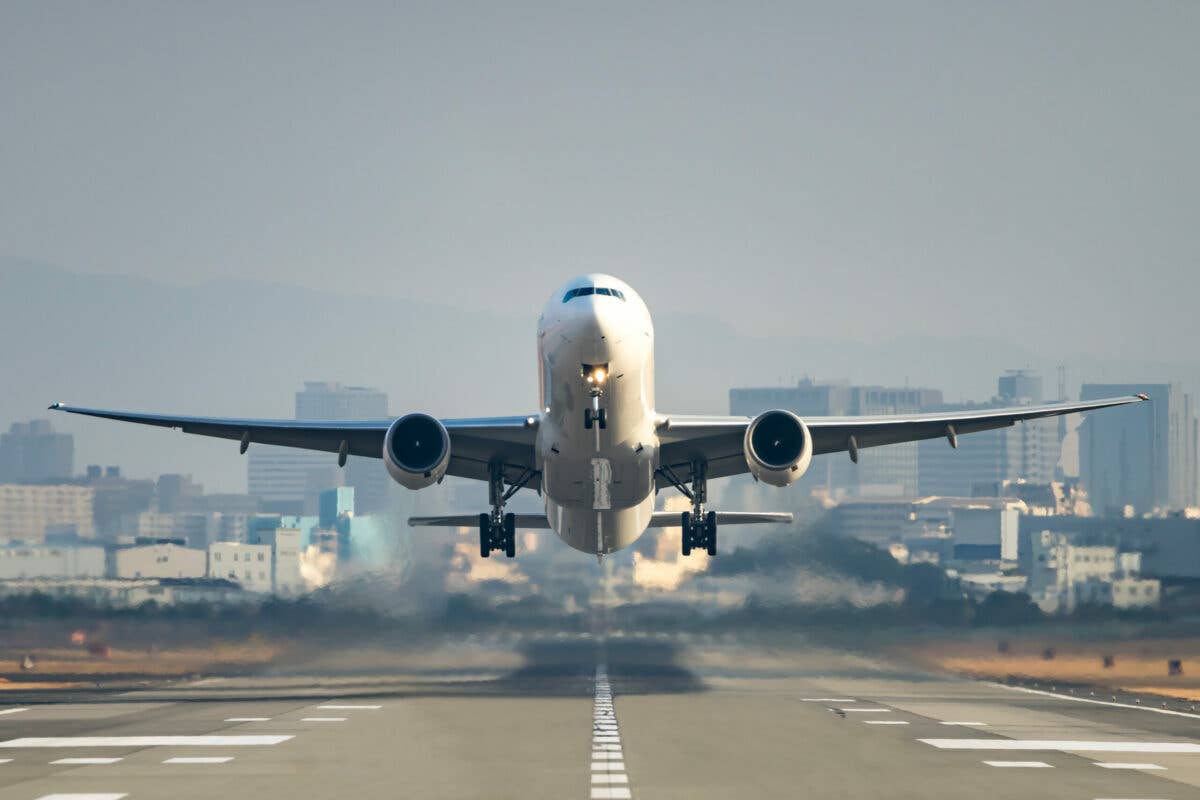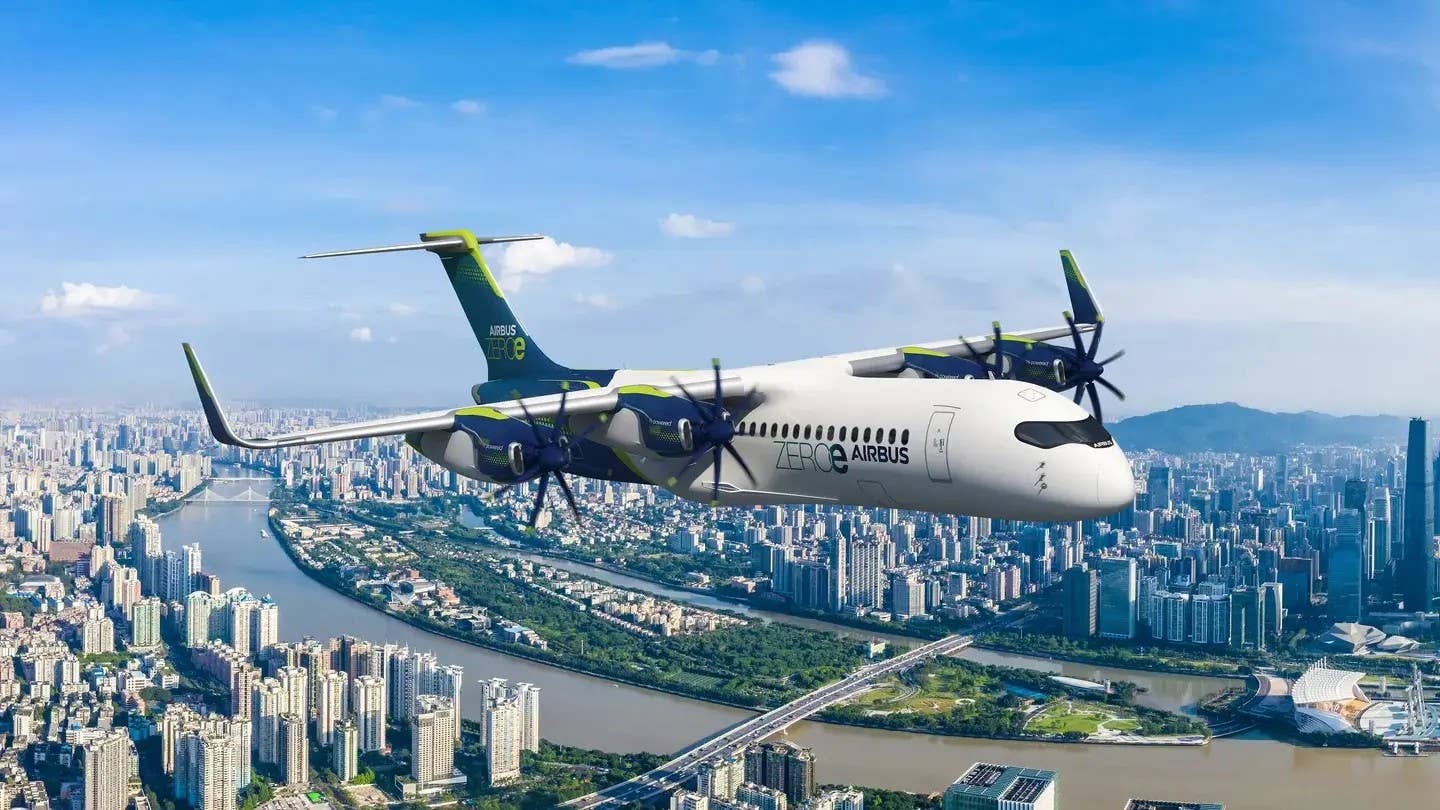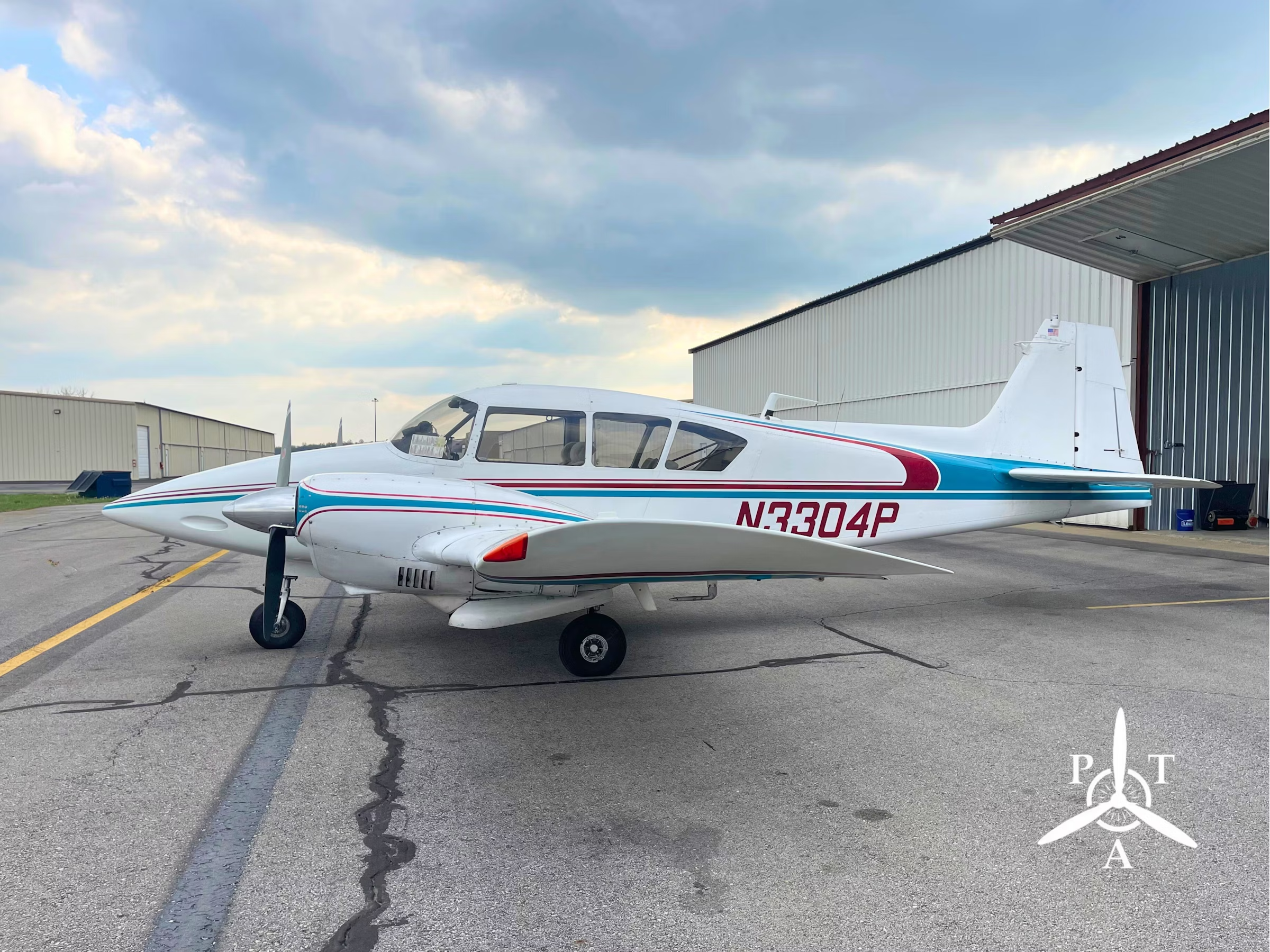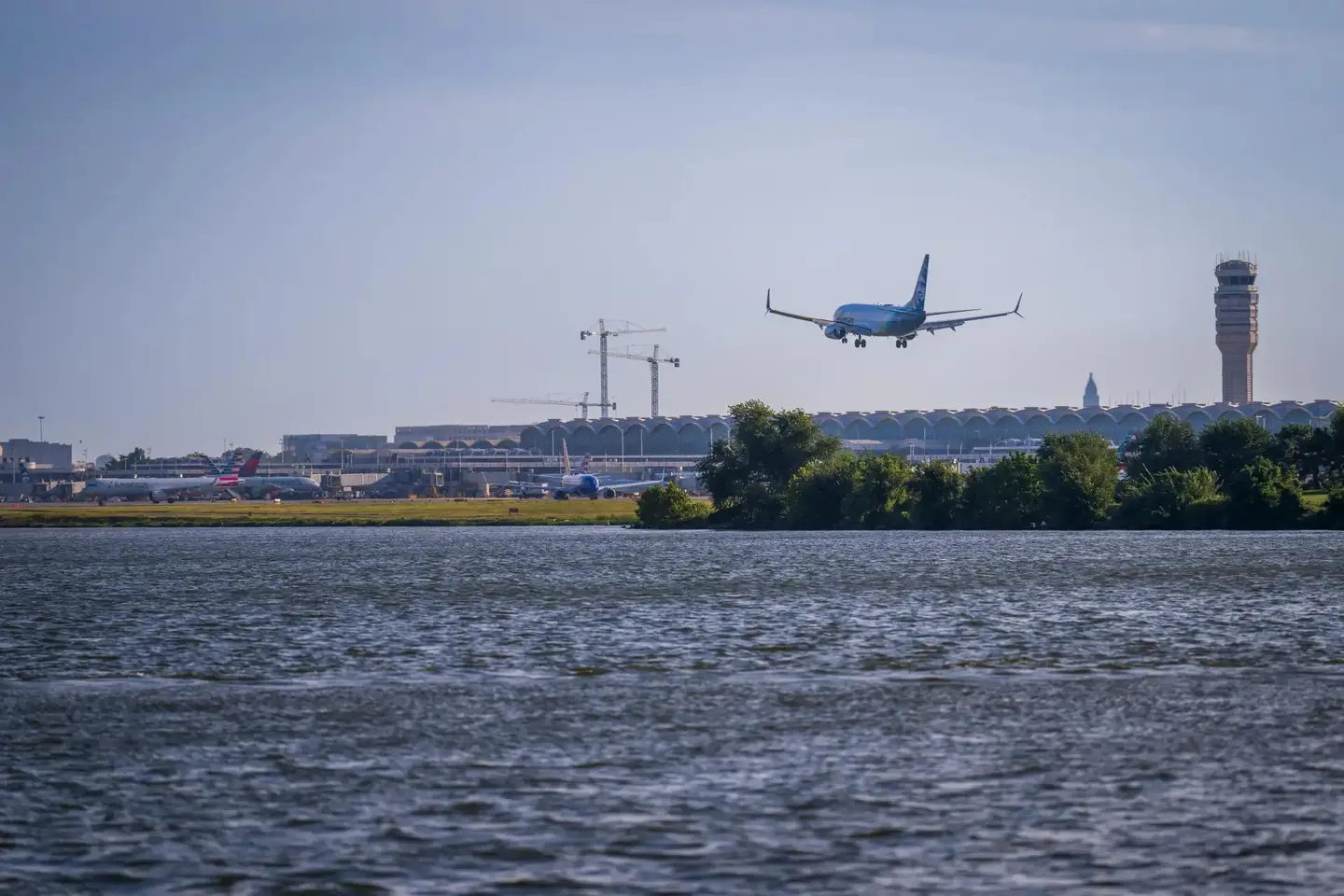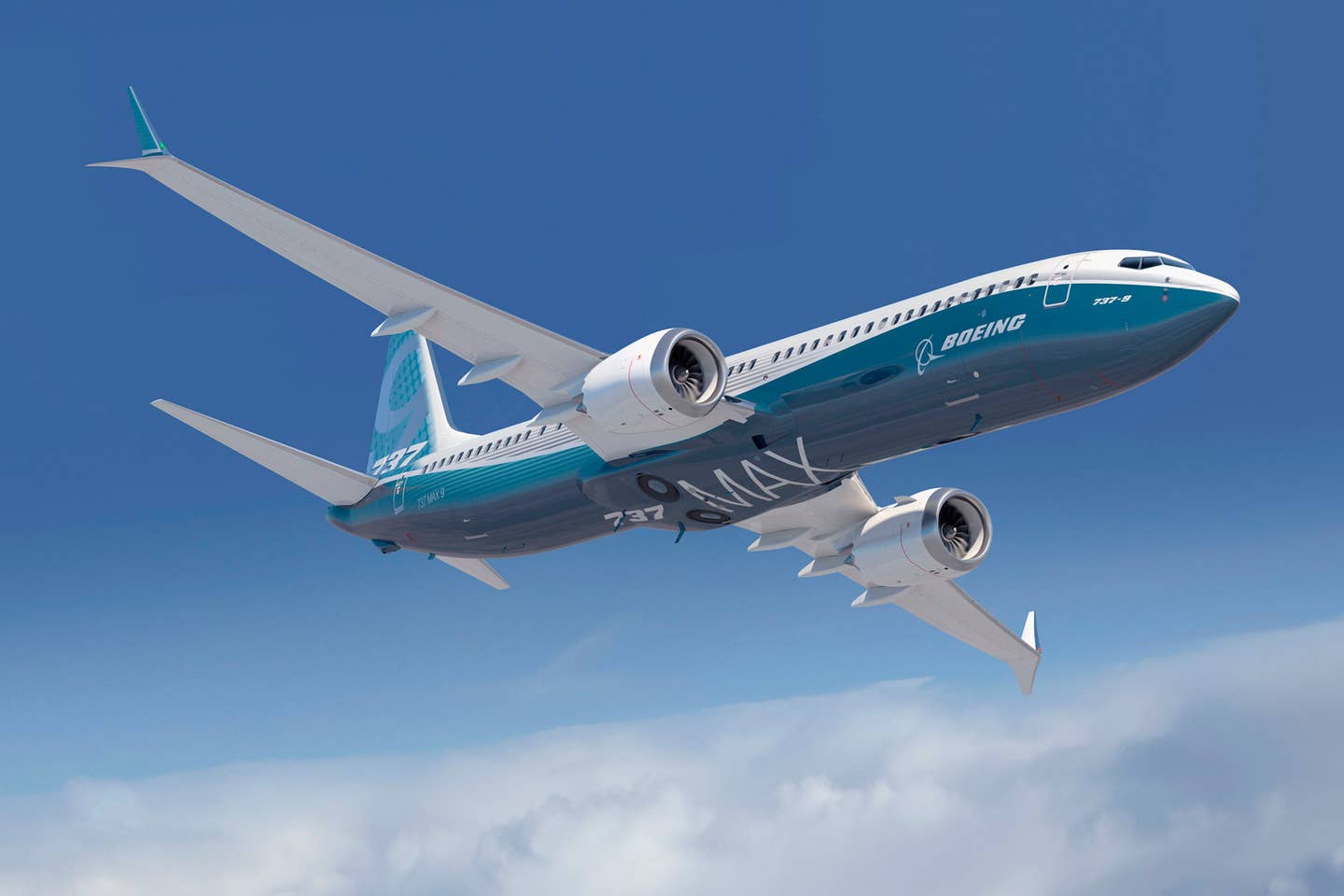
The FAA certified the 737 Max in 2017. Boeing
Federal prosecutors are planning to criminally charge a former Boeing employee who served as chief technical pilot during development of the 737 Max, according to a report published Friday in the Wall Street Journal.
The journal attributed its story to “people familiar with the matter,” and identified the pilot as Mark Forkner. The report did not specify what prosecutors reportedly were planning to charge Forkner with. But it did say he was “suspected of misleading regulators about safety issues blamed for two fatal crashes.”
Forkner did not immediately respond to Flying’s request for comment.
Forkner was “lead contact with the FAA about how pilots should be trained to fly the 737 Max,” the journal reported. Flying has reached out to the FAA, which referred questions to Boeing and the U.S. Department of Justice. The USDJ and Boeing declined to comment in response to inquiries from Flying.
The FAA certified the 737 Max in 2017. But crashes of the airliner off Indonesia in 2018 and in Ethiopia in 2019, killed a total of 346 people. The disasters aboard Lion Air Flight 610 and Ethiopian Airlines Flight 302 eventually prompted aviation regulators to ground the type around the world.
Forkner’s LinkedIn profile says he served as “737 chief technical pilot” from October 2011 to July 2018. Previous to that, the profile says Forkner served with the FAA on national airspace planning. The profile also mentions Forkner flew as first officer with Southwest Airlines and Alaska Airlines.
He also served as a C-17 instructor pilot with the U.S. Air Force, according to the LinkedIn profile, which also lists him as a graduate of the U.S. Air Force Academy.
Investigators said the airliner’s Maneuvering Characteristics Augmentation System (MCAS) was to blame for both crashes.
Boeing said MCAS was monitoring the angle of the airplane based on data from just one angle of attack (AOA) sensor instead of two. During the two crashes, the AOA sensor “gave incorrect information to MCAS,” Boeing said, “which caused it to activate.
“In both crashes, MCAS engaged repeatedly when the sensor continued to incorrectly report a high AOA.”
During the grounding, Boeing modified MCAS to include data from two AOA sensors. The MCAS is now designed to activate once—only if both sensors agree, Boeing says. The company says “MCAS will never override the pilot’s ability to control the airplane using the control column alone.”
Following extensive pilot training, the FAA certified the MCAS with its new modifications. FAA Administrator Steve Dickson signed an order in November 2020, paving the way for the aircraft to return to service.
To settle criminal charges related to conspiracy to defraud the FAA surrounding the crashes, Boeing agreed earlier this year to pay more than $2.5 billion.
During Capitol Hill testimony in 2019, Boeing’s then-CEO Dennis Muilenburg apologized to families of the crash victims, saying, “... these tragedies will continue to drive us to do everything we can to make our airplanes and our industry safer.”
All U.S. operators of the Max — Southwest, United, and American Airlines—have returned their Maxes to service. In Europe, EASA re-certified the type in January. Aviation regulators in India followed this past August. Authorities in China, however, have not yet approved the Max’s return to service.

Sign-up for newsletters & special offers!
Get the latest FLYING stories & special offers delivered directly to your inbox

